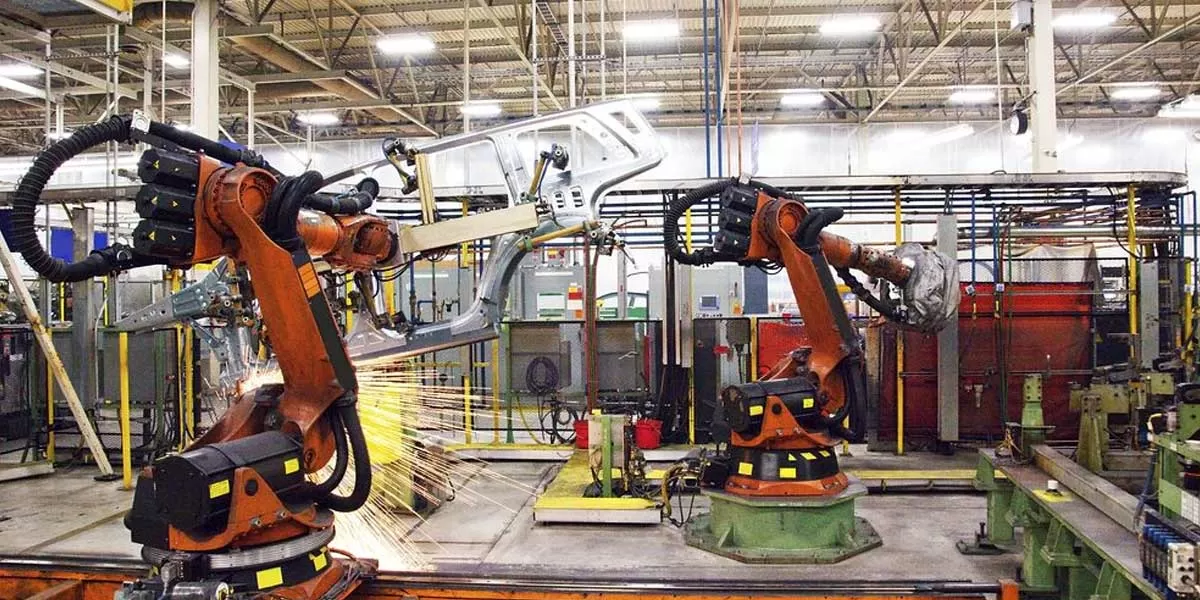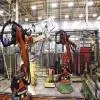
"Revolutionizing Automotive Efficiency: New Engine Maximizes Performance"
Read full article
CW Gold Benefits
- Weekly Industry Updates
- Industry Feature Stories
- Premium Newsletter Access
- Building Material Prices (weekly) + trends/analysis
- Best Stories from our sister publications - Indian Cement Review, Equipment India, Infrastructure Today
- Sector focused Research Reports
- Sector Wise Updates (infrastructure, cement, equipment & construction) + trend analysis
- Exclusive text & video interviews
- Digital Delivery
- Financial Data for publically listed companies + Analysis
- Preconceptual Projects in the pipeline PAN India

K Raheja Corp launches luxury tower at Raheja Galaxy, South Pune
K Raheja Corp Homes has unveiled a new luxury tower at Raheja Galaxy in South Pune, catering to the growing demand for premium living spaces in the area. Located off NIBM, the project offers seamless connectivity, excellent infrastructure, and a reputation for timely delivery and superior construction quality.The new tower features spacious 2-bed, 3-bed, and 3BHK L residences, priced from Rs 1.29 crore. The homes are designed with modern amenities and a neo-classical architectural style, offering a balance of functionality and luxury. Prices will increase after April 30th, making the early-bir..

PM to Visit Bihar on April 24 for Panchayati Raj Day Celebrations
Prime Minister Shri Narendra Modi is scheduled to visit Bihar on 24th April 2025. During his visit to Madhubani, he will participate in the National Panchayati Raj Day celebrations at around 11:45 AM. On this occasion, he will inaugurate, dedicate, and lay the foundation stone for several development projects worth over Rs 134 bn, and will address the public gathering. As part of the programme, the Prime Minister will present the National Panchayat Awards, honouring the best-performing Panchayats from across the country. In the railways sector, Prime Minister Modi will flag off the Amrit Bha..

Rs 140 Bn Infra Projects in North India Reviewed by DPIIT Secretary
Shri Amardeep Bhatia, Secretary of the Department for Promotion of Industry and Internal Trade (DPIIT), chaired a high-level Project Monitoring Group (PMG) review meeting to assess progress on major infrastructure projects in Uttar Pradesh, Haryana, Punjab, and Uttarakhand. The meeting was attended by senior officials from central ministries, state governments, and private sector project proponents. A total of 17 key infrastructure projects, collectively worth over Rs 140 billion, were reviewed during the session, which addressed 19 critical issues affecting project execution. The discussions..














